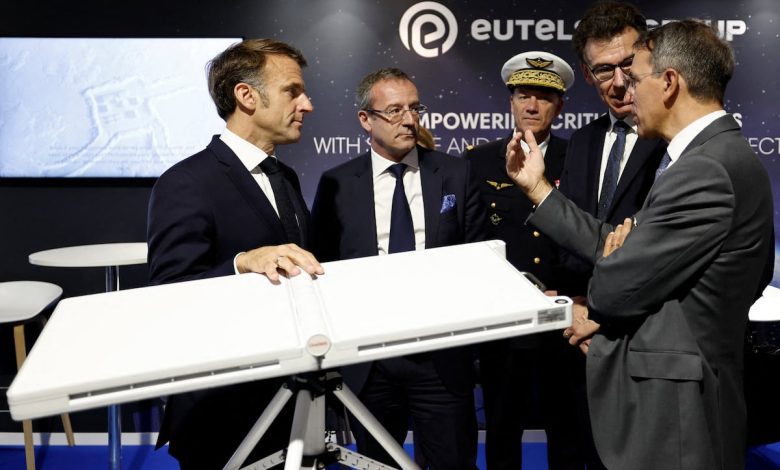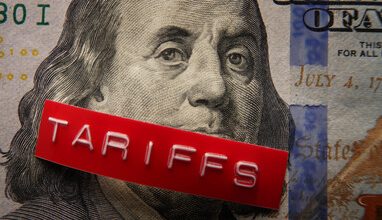Eying a Starlink alternative, France to boost Eutelsat stake

PARIS — France will participate in a capital increase by satellite operator Eutelsat to the tune of €717 million (US$826 million) to help the company finance the expansion of its constellation of low-orbit communication satellites and create a sovereign European alternative to Starlink.
The announcement by the French finance ministry on Thursday comes after the country’s Directorate General for Armament announced a 10-year framework contract with Eutelsat worth as much as €1 billion to provide military-grade satellite communications.
European militaries have been eyeing the role of Starlink in Ukraine, where the constellation of satellites operated by Elon Musk’s SpaceX vital for command and control, drone operations and maintaining battlefield communications. The European Union plans to build its own satellite broadband system called IRIS², but lacks anything with the coverage of Starlink for now.
“France is increasing its stake in the Eutelsat Group to support it in a decisive phase of its development,” French Finance Minister Eric Lombard said in a social media post. “This increased investment reflects a clear desire to make satellite connectivity a strategic lever for digital and industrial sovereignty for our country and for Europe.”
Eutelsat is planning a €1.35 billion capital increase, and France’s planned participation will increase the government stake to around 30%, from less than 20% now. The U.K. government is also a shareholder with a stake of nearly 11%.
The DGA deal with Eutelsat for space communications aims to complement the French Syracuse military satellites in geostationary orbit with a constellation of low-orbit satellites. The program, called Nexus, aims to boost the safety and functionality of Eutelsat’s OneWeb constellation as satellites are renewed, in order to increase the range of possible military uses, the agency said.
“France is thus resolutely committed to a process of hybridizing the means of telecommunications by satellite for its forces, combining military and civilian capabilities,” the DGA said.
As part of the contract, Eutelsat will provide the armed forces with priority space resources, particularly those of the OneWeb constellation, as well as increase the security of the satellites in the constellation, according to the DGA.
Eutelsat is part of the consortium together with SES and Hispasat that was picked by the European Commission in November to deploy the IRIS² satellite constellation.
Rudy Ruitenberg is a Europe correspondent for Defense News. He started his career at Bloomberg News and has experience reporting on technology, commodity markets and politics.







